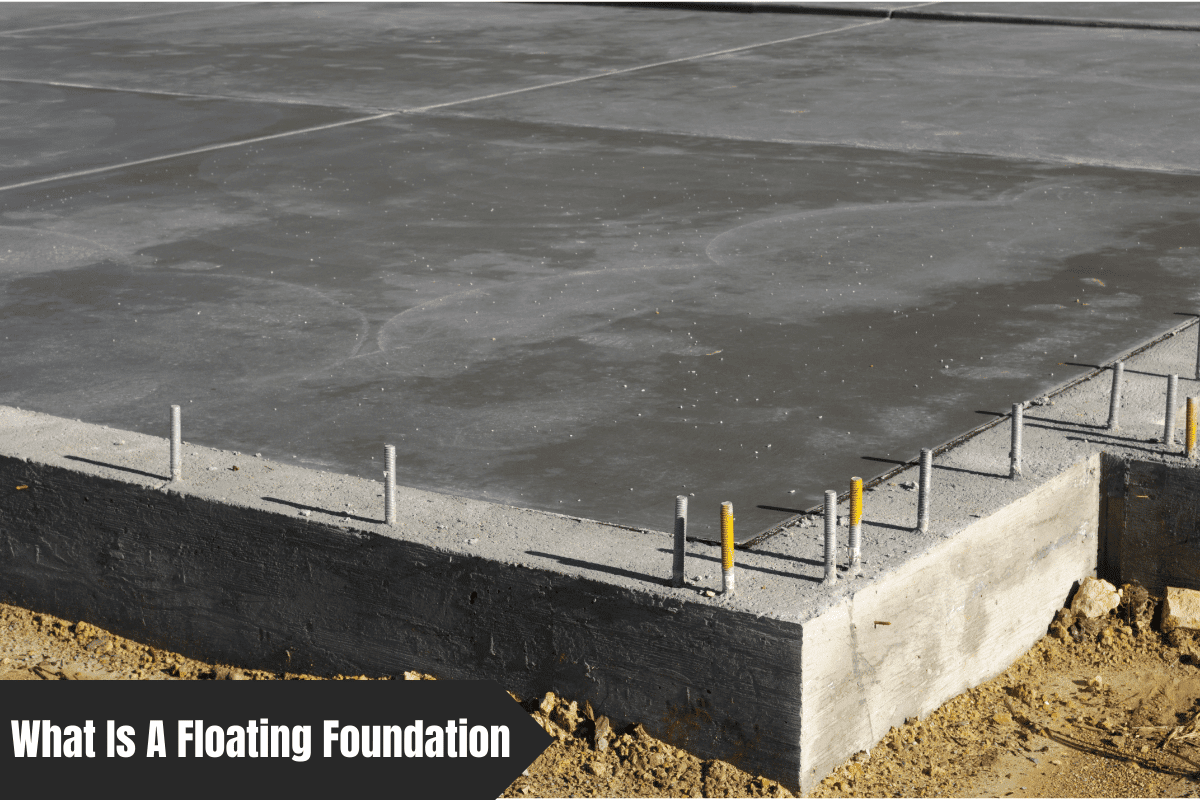Let’s cut to the chase: if your house were a person, its foundation would be its spine. And nobody wants a wobbly spine, right? Ever spotted a crack in your wall and thought, “Hmm, maybe my house is practicing the cha-cha without me?” You’re not alone. Foundations are the unsung heroes of Homeownership, and when they’re off, everything’s off. That’s where floating foundations come in—think of them as the yoga masters of the construction world, bending without breaking. At Golden Bay Foundation Builders, we’ve seen it all: from post-war post and pier foundation setups to modern seismic retrofitting miracles. Let’s geek out on why floating foundations might just save your sanity (and your drywall).
What Even Is a Floating Foundation?
Imagine your house sitting on a giant concrete raft. No, it’s not about to set sail—floating foundations are designed to “float” on unstable soil by distributing weight evenly. Unlike traditional foundations that dig deep into the earth, these bad boys spread out horizontally, making them perfect for areas with shifting soil, high moisture, or seismic activity.
Why we’re obsessed:
- Soil stabilization services become way less dramatic. No more playing guessing games with your yard’s mood swings.
- They’re champs at handling cracked walls caused by uneven settling.
- Ideal for retrofitting older Homes (looking at you, charming-but-creaky 1920s bungalows).
FYI, this isn’t some trendy TikTok hack. Floating foundations have been around for decades, but modern engineering—and companies like ours—have turned them into a science.
When Should You Consider a Floating Foundation?
Glad you asked. Let’s break it down:
Your Soil Has Commitment Issues
If your yard’s soil type changes more often than a teenager’s hobbies, traditional foundations might struggle. Expansive clay? Coastal silt? A floating foundation laughs in the face of instability. Pair it with soil stabilization services, and you’ve got a match made in geotechnical heaven.
You’re in Earthquake Country
Living in California? The Pacific Northwest? Seismic retrofitting isn’t just a buzzword—it’s survival. Floating foundations absorb and redistribute seismic energy, so your house stays put while the ground throws a tantrum.
Your Home’s Already Throwing Red Flags
Sloping floors, cracked walls, or doors that refuse to close? These are your house’s cry for help. Before you panic, schedule foundation inspections with pros like us. Sometimes, Foundation Repair is simpler (and cheaper) than you’d think.
Floating vs. Traditional: Let’s Settle This
We’ll keep it real. Floating foundations aren’t for everyone. Here’s the tea:
| Feature | Floating Foundation | Traditional Foundation |
|---|---|---|
| Soil Compatibility | Thrives on unstable or moist soil | Needs stable, dry soil |
| Cost | Higher upfront, lower long-term repair costs | Lower upfront, pricier fixes later |
| Durability | 50+ years with minimal maintenance | 30–50 years, depending on soil |
| Best For | Earthquake zones, coastal areas, retrofits | Stable climates, new builds |
Still team traditional? Cool—but if you’re dealing with post and pier foundation headaches (we’re talking constant adjustments and uneven floors), floating might be your exit strategy.
“But Wait—What About Foundation Underpinning Services?”
Ah, the plot thickens. Foundation underpinning services are like the superhero sidekick here. If your existing foundation is failing, underpinning strengthens it by extending support deeper into stable soil. But here’s the kicker: sometimes floating foundations are the better long-term fix.
Golden Bay’s rule of thumb: If your soil’s a lost cause, skip the underpinning and go floating. Why polish a sinking ship when you can build a better boat?
How Golden Bay Does It Differently
Look, we’re not here to bash other companies (okay, maybe a little). But when you’ve been in the Foundation Repair game as long as we have, you learn a few things:
- No cookie-cutter solutions. We assess your soil, climate, and home’s quirks before suggesting anything.
- Transparent pricing. No “surprise fees” because your yard’s slope caught us off guard.
- Post-install TLC. We don’t ghost you after the job. Follow-up foundation inspections? Always.
Plus, our team lives for seismic retrofitting challenges. Nothing beats the thrill of making a century-old house earthquake-ready.
3 Burning Questions (Answered Without the Jargon)
Q: “Will a floating foundation fix my cracked walls?”
A: Short answer: Yes. Long answer: It stops new cracks by stabilizing the structure. Existing cracks? We’ll patch those separately.
Q: “How do I find reliable foundation experts near me?”
A: Google “Foundation Repair near me,” but skip the sponsored ads. Look for reviews mentioning soil expertise and warranties. Or, you know, just call us.
Q: “Is seismic retrofitting worth the cost?”
A: Unless you enjoy playing Jenga with your life savings, absolutely. Retrofitting can boost home value and slash insurance premiums.
Final Thoughts: Don’t Let Your House Do the Macarena
At Golden Bay Foundation Builders, we’ve seen foundations fail for the dumbest reasons—DIY “fixes,” ignored inspections, or trusting a guy named Bob with a pickup truck. A floating foundation isn’t just a Band-Aid; it’s a lifelong upgrade.
So, if your home’s doing the electric slide every time it rains, maybe it’s time to rethink its foundation. We’re here to chat, laugh at your soil horror stories, and—oh yeah—keep your house grounded. Literally.


